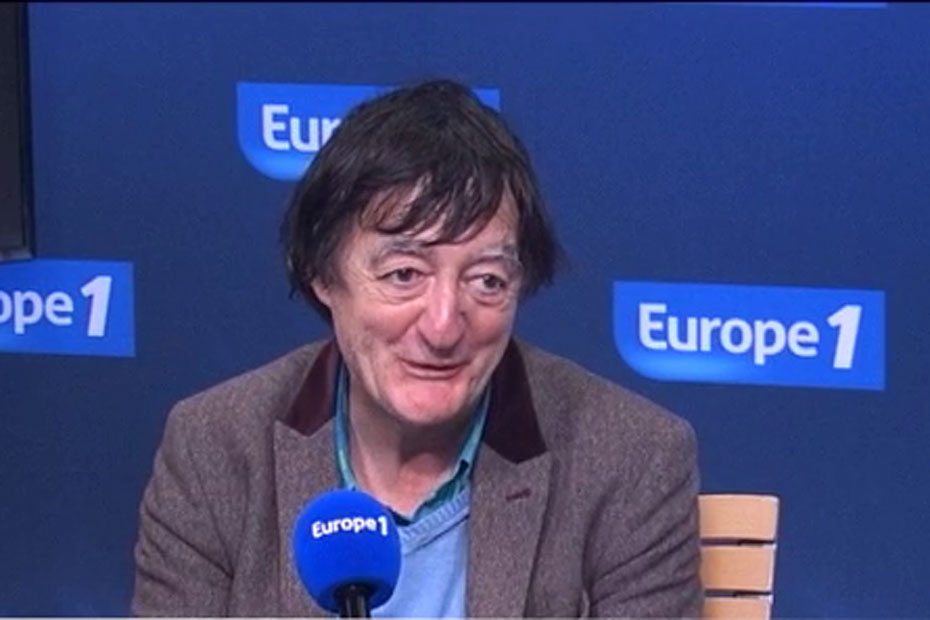By: Nicolas Beau
Five years have passed since France sent its troops to Mali, under what is known as Operation Serval, to keep the lid on the growth of jihadist groups in the West African state.
Nonetheless, these groups keep growing and their influence threatens to seep into the central and southern parts of Mali, despite the signing of a final peace treaty in Algeria in 2015 and the start of a national reconciliation process.
Mali continues to be ravaged by major problems, ones mainly precipitated by the lack of security.
In the northern part of the country, large swaths of land on the border with Algeria are out of the control of the central government. The same territory has turned into a stage for systematic terrorist attacks against government officials and international troops.
Host of militant groups
Ansar Dine group, which is commanded by Iyad Ag Ghaly, an influential Tuareg leader, is most active in the region, claiming responsibility for a large number of attacks in it.
Apart from the Malian army and the French troops, the UN peace-keeping force pay dearly, having sustained a record human toll so far.
Al-Mourabitoun, a branch of al-Qaeda in the Arab Maghreb, is most active in the coastal region. Commanded by Mokhtar Belmokhtar, this militant group claimed responsibility for an attack on Radisson Blu Hotel in Bamako in November 2015. Before this, the group staged attacks in Burkina Faso and the Ivory Coast in January and March 2016.
All eyes are now focused on the southern parts of Mali, after the eruption of conflicts in them. The pitch of violence in these parts has been on the rise since mid-2015.
Mopti region in central Mali was the birthplace of a large number of militant groups. These groups have become natural extensions of Ansar Dine group. These militant groups carried out a number of attacks in the border regions between Mali and Burkina Faso and the Ivory Coast. The same groups are accused of involvement in money-laundering for the sake of former jihadists.
France stuck in the Malian mire
The scope of unrest continues to widen in Mali, which makes harder the mission of French troops in the country. These troops are torn between the demands of the central authorities in Bamako and their traditional alliances with Tuareg groups in the northern parts of Mali.
French troops moved away from the Tuareg rebels, who are affiliated with the Azawad Liberation Movement, after years of close ties with them. This development followed the emergence of reports of collaboration between the rebels and terrorist groups.
Deteriorating relations between the French troops and the Tuareg are opening the door for tarnishing the image of these troops in the northern parts of Mali.
In April this year, French troops staged raids in Kidal to search for terrorists. These raids triggered massive protests against French presence in Mali. The protests were backed by a coalition of Azawad movements.
Algeria did not welcome the deployment of French troops in Mali, which presents these troops with yet another problem. Algeria considers Mali part of its sphere of strategic influence.
Rampant political unrest in Mali is an additional problem for the French. President Ibrahim Boubacar Keita, whose 2013 election was backed by Paris, failed in reuniting his country as he pledged in his electoral campaign. Keita’s popularity is also increasingly dropping because of corruption and nepotism.
The G5 Sahel summit, to which French President Emmanuel Macron invited the leaders of the five Sahel states, will mainly discuss needed support to international troops fighting terrorism in Mali.
As the leaders of the five states prepare to meet in Paris for the summit, Mali faces terrorist and security threats on almost a daily basis. French military presence in the country only prevents these threats from getting worse.








































admin in: How the Muslim Brotherhood betrayed Saudi Arabia?
Great article with insight ...
https://www.viagrapascherfr.com/achat-sildenafil-pfizer-tarif/ in: Cross-region cooperation between anti-terrorism agencies needed
Hello there, just became aware of your blog through Google, and found ...